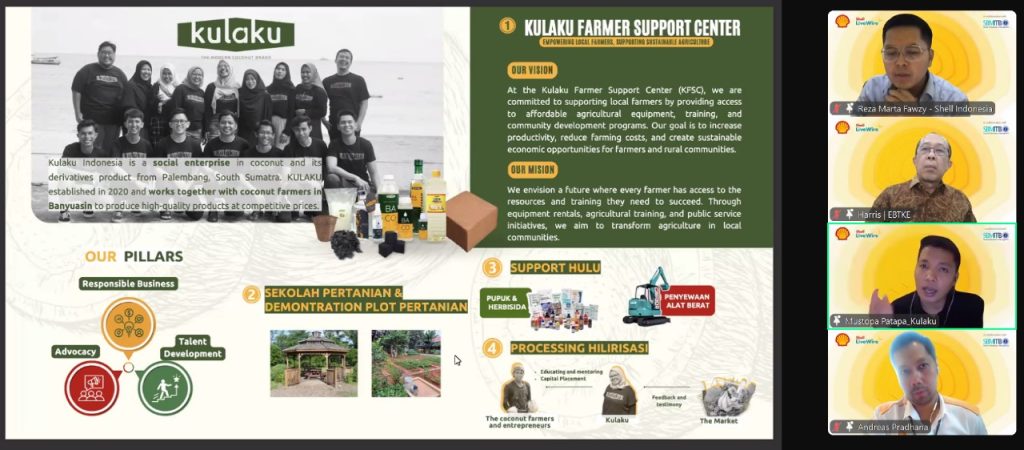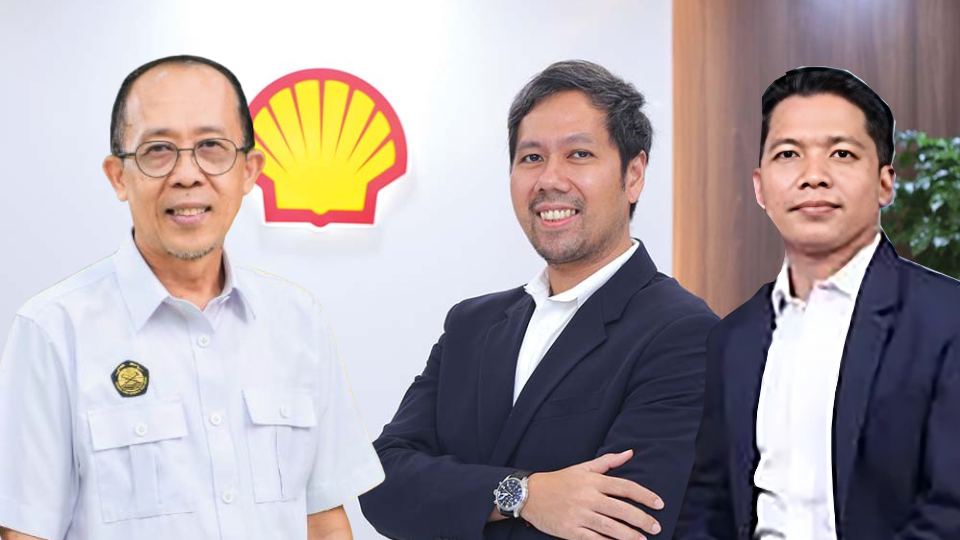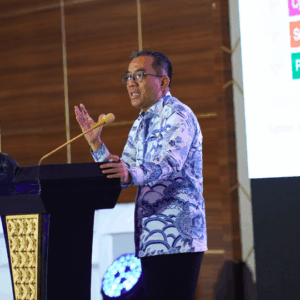Indonesia’s Energy Resilience Index reached 6.64 in 2023, indicating the country’s ability to access energy sources at relatively affordable investment costs. However, national energy reserves still require strengthening due to declining energy intensity and the need to meet carbon emission restrictions in the energy sector.
Harris, Head of the Center for Survey and Testing of New and Renewable Energy, Electricity, and Energy Conservation at the Ministry of Energy and Mineral Resources, conveyed this. He spoke as a panelist at “The Future of New and Renewable Energy Business in Indonesia” seminar, organized by the SBM ITB on Friday (16/5).
According to Harris, the government has developed strategies to address energy demands while maintaining its commitment to achieving Net Zero Emissions by 2060. These include the development of new and renewable energy sources, the creation of alternative energy options, the promotion of electrification, and the implementation of energy efficiency measures.
Planned energy sources include nuclear, hydrogen, and other alternative energy sources. Optimization efforts are also underway through the expansion of solar, wind, and hydrogen energy, which are already abundant across Indonesia. The government is also accelerating geothermal development as a power generator, executing the Bioenergy Strategic Program (tested in both automotive and non-automotive sectors), and establishing national hydrogen and ammonia production through the National Hydrogen Strategy.
Another panelist, Mustopa Patapa, founder of Kulaku Indonesia, highlighted the use of coconuts as a sustainable solution for reducing agricultural waste. Kulaku has developed various coconut-based products, including coconut oil, coconut milk powder, combustion water, and briquettes. These products are produced through a sustainable approach that considers both consumer needs and the needs of the agricultural industry. Kulaku aims to build an ecosystem that enhances the coconut industry, particularly by improving the livelihoods of coconut farmers, who are the primary stakeholders.
Meanwhile, Andreas Pradhana, Managing Director and Country Chairman of Shell Vietnam, emphasized the importance of impact-oriented leadership in the development of new and renewable energy. He stated that management and leadership models must be designed so that recipients experience tangible benefits.
According to Pradhana, leadership should address both internal and external aspects of an organization. Internally, leaders must build trust and understand the individuals, stakeholders, or programs involved. Externally, they should consider the nature, achievements, and potential impact on all related parties. Impact-oriented leaders, he concluded, focus not only on the execution of processes but also on the broader effects of their actions on organizations and society.







